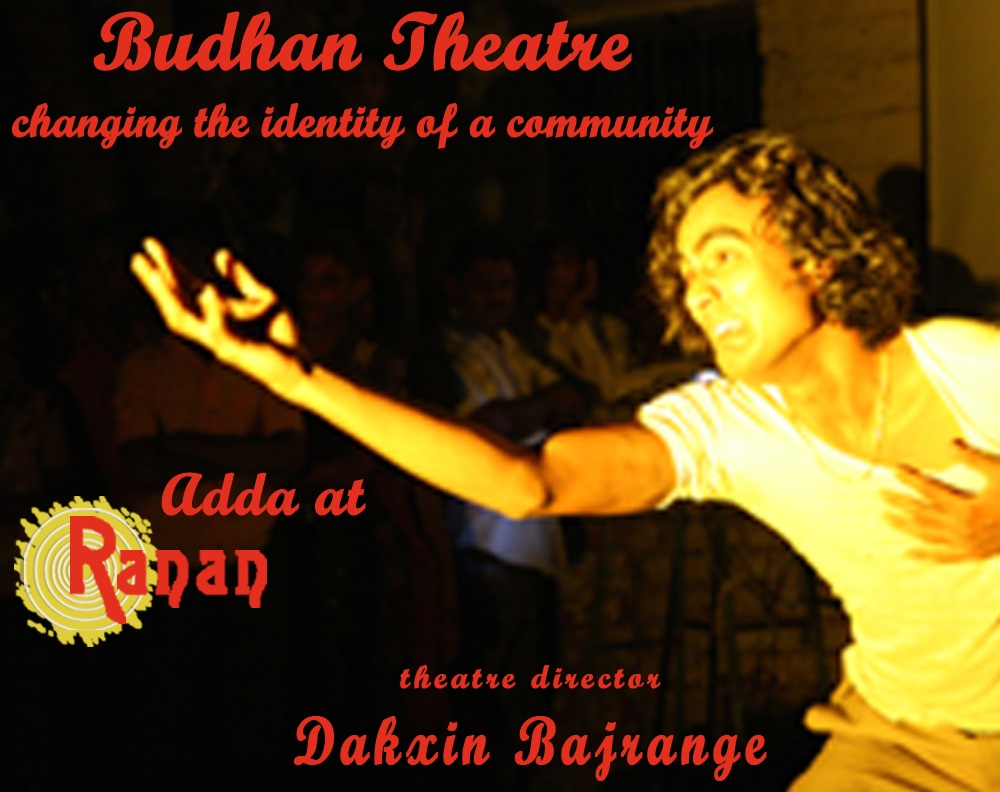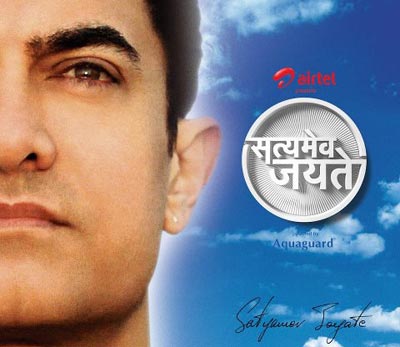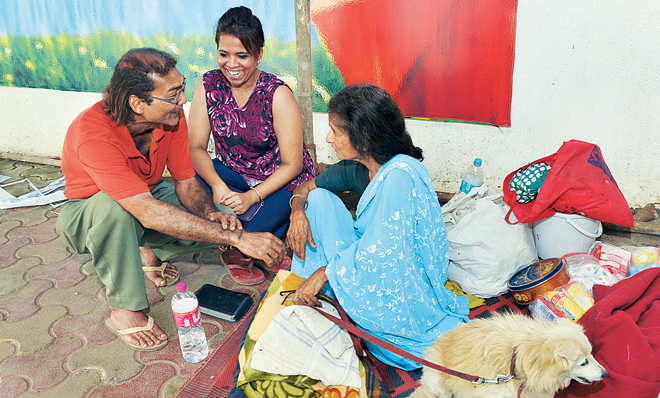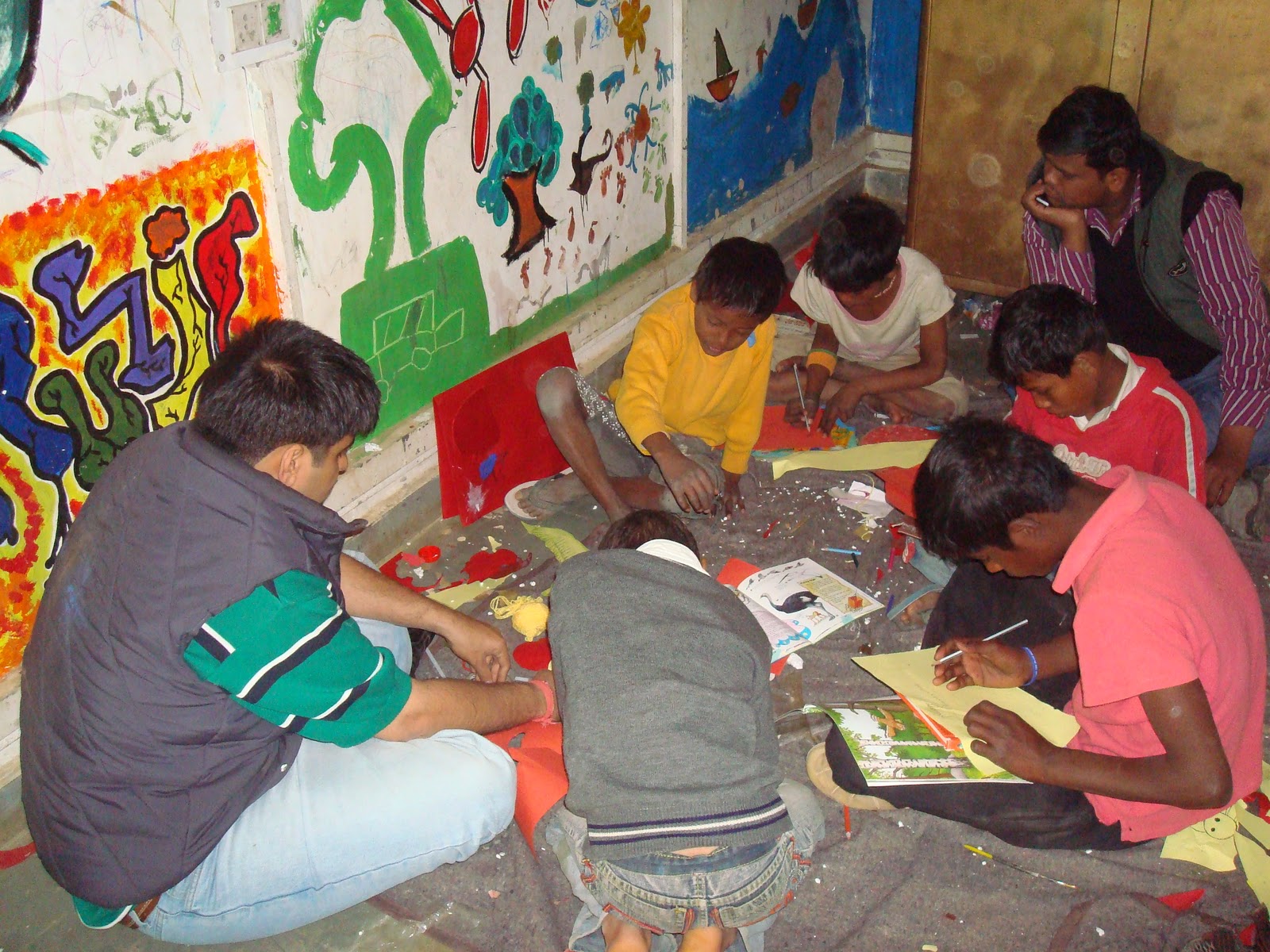Look, who is the real thief?
What is the punishment for stealing- penalty, imprisonment or death? When the big guns in India, doing thefts of thousands of crores, get away scot free, then why some people are brutally punished for trivial crimes and even for no crimes at all.
198 tribes in India are still popularly known as “born criminals”, that is, their forefathers were criminals and their progeny will be criminal from birth. After the uprising of 1857, the nomadic tribes were seen by the British government as potential enemies. That is why these tribes were notified as criminals by the Government in the Criminal Tribes Act of 1871. Their rights on the land and their movement was controlled. Being under enclosure , these tribes resorted to petty thefts for their survival.
These tribes were denotified in 1952 only to be re-labelled as “habitual offenders”. The denotification happened only in papers. The stigma attached to them stayed behind. And when we whine for the latest material possessions sitting in metropolitans, there are people for whom basic amenities are a distant dream. The options of education and employment for them are scarce. These are the people who are on roads struggling for their fundamental rights. On top of that, the basic human rights are flouted against them every day. Every now and then, these people are subjected to police brutality. There is no denying that people belonging to some of these tribes still indulge in thefts. However, there is an acute need for revision of our moral beliefs. When a section of people are kept poor deliberately what options are left to them? Furthermore, we should ask ourselves who is the criminal in the true sense, these people or the government, law, police or we, ourselves?
The turning point in the plight of Denotified and Nomadic Tribes (DNT), was the Budhan Sabar murder case (1988) in Purulia, West Bengal. Budhan, a member of Sabar community was falsely accused of theft and was murdered in the police custody. Such false arrests and deaths were frequent. Years after the Independence, the Indian police system has not recovered from the colonial legacy. In a significant moment in the struggle of the nomadic tribes, the verdict in the case came in the same year and found all the police officers guilty in the case.
Besides actions taken by influential social people, the most noteworthy action has been taken up by the Budhan theatre. Budhan theatre is composed of people from a denotified tribe Charra of Charranagar, Gujarat. Dakshin Bajrange is the founding member of the Budhan theatre and belongs to the tribe. The theatre group has played over 300 performances of different plays centered on the issues of Charra and other DNTs, central of which is the play Budhan which dramatizes the incidents of the Budhan Sabar case. The Budhan theatre proved to be the torch bearer of the struggle of these tribes . There have been continued performance outside police stations. Owing to the courage of these people, the battle has gathered support from outside. Many plays and films based on these tribes and police brutality are coming up. For instance, Kerim Friedman and Shashwati Talukdar’s Acting Like A Thief and Please Don’t Beat Me Sir.
Image Source: http://rananindia.blogspot.in
The motive behind these efforts is to provide a different perspective to the realities of the lives of these tribals. In addition, there is a hope that these tribes will one day recover from the stigmatised past and will obtain equality. The status of equality, however, is only the first step towards their total emancipation.
Sources:
1. http://budhantheatre.org/





